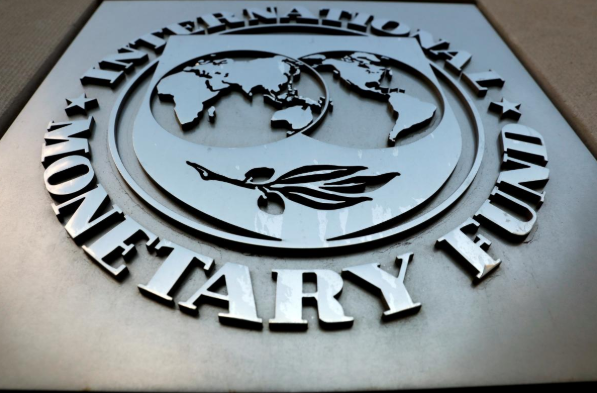In the International Monetary Fund’s (IMF) latest Regional Economic Outlook on Egypt that was released on Tuesday, the international lender commended Egypt for pursuing its economic reform program while recommending it to continue removing subsidies on fuel.
The report began by pointing out that in the past year, the country’s GDP has strengthened and inflation has declined. It also commended Egypt for strengthening its foreign exchange reserves. The first step the IMF commended was the floating of the Egyptian pound, which was done in November 2016.
The IMF then moved on to cite its recommendations for the next period of Egyptian reform. The IMF recommended Egypt to “eliminate most fuel subsidies,” describing fuel prices “to benefit mainly the rich.” Therefore the IMF suggested the fuel prices should “change in line with costs.” It described the move as important to “protect the budget from movements in global oil prices and the exchange rate, and safeguard priority spending on social programs and necessary infrastructure.”
Another recommendation was to “collect more revenue,” advising Egypt to reduce tax exemptions and provide more progressive tax systems (richer people pay more taxes progressively). The IMF projected that this could help grow the GDP significantly.
Egypt began following the IMF reform program in November 2016. The IMF made a deal to provide Egypt with US$12 billion loan in exchange for wide-ranging economic reforms.
In 2017, Egypt slashed parts of its fuel subsidies, resulting in a 60 percent surge in fuel prices.




